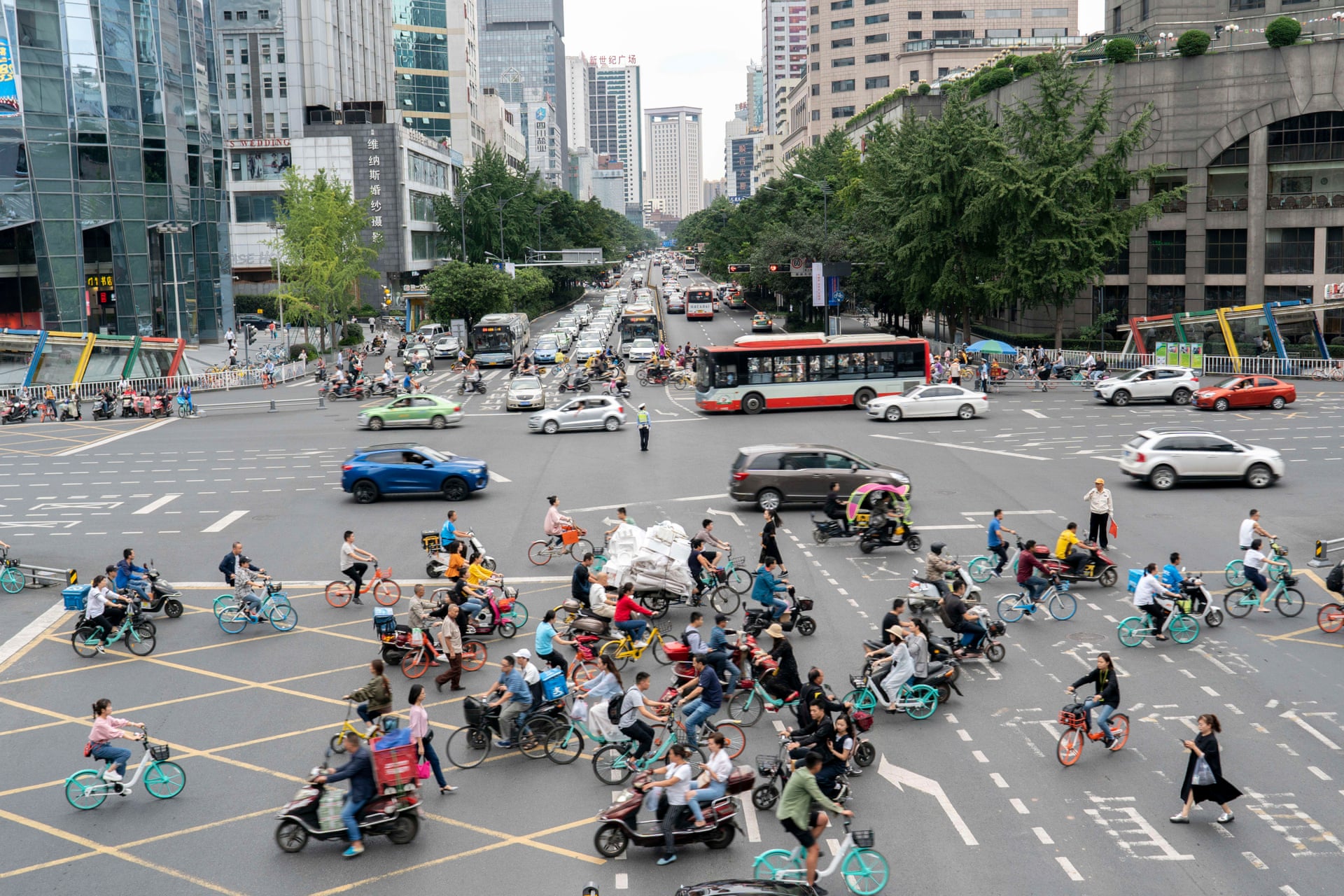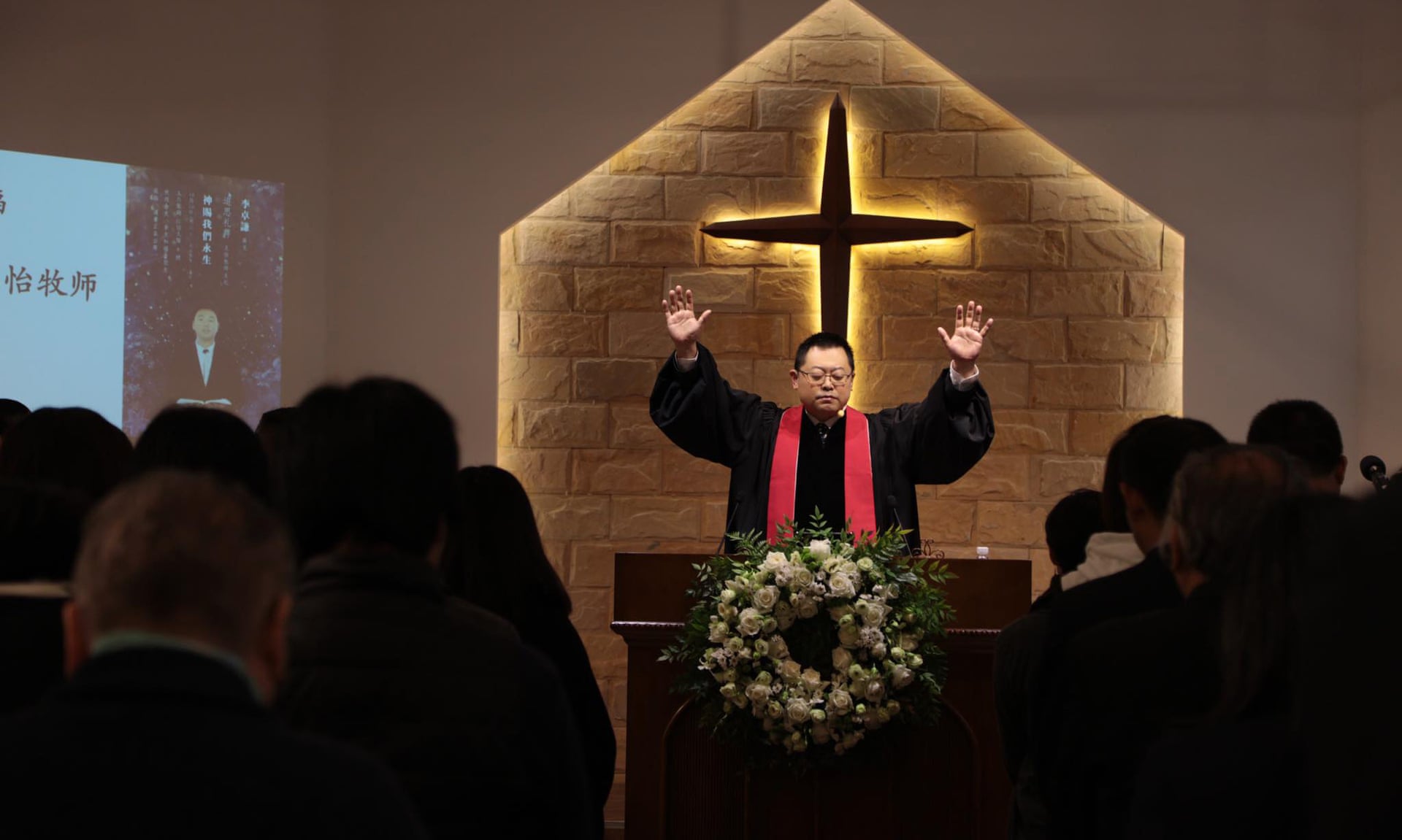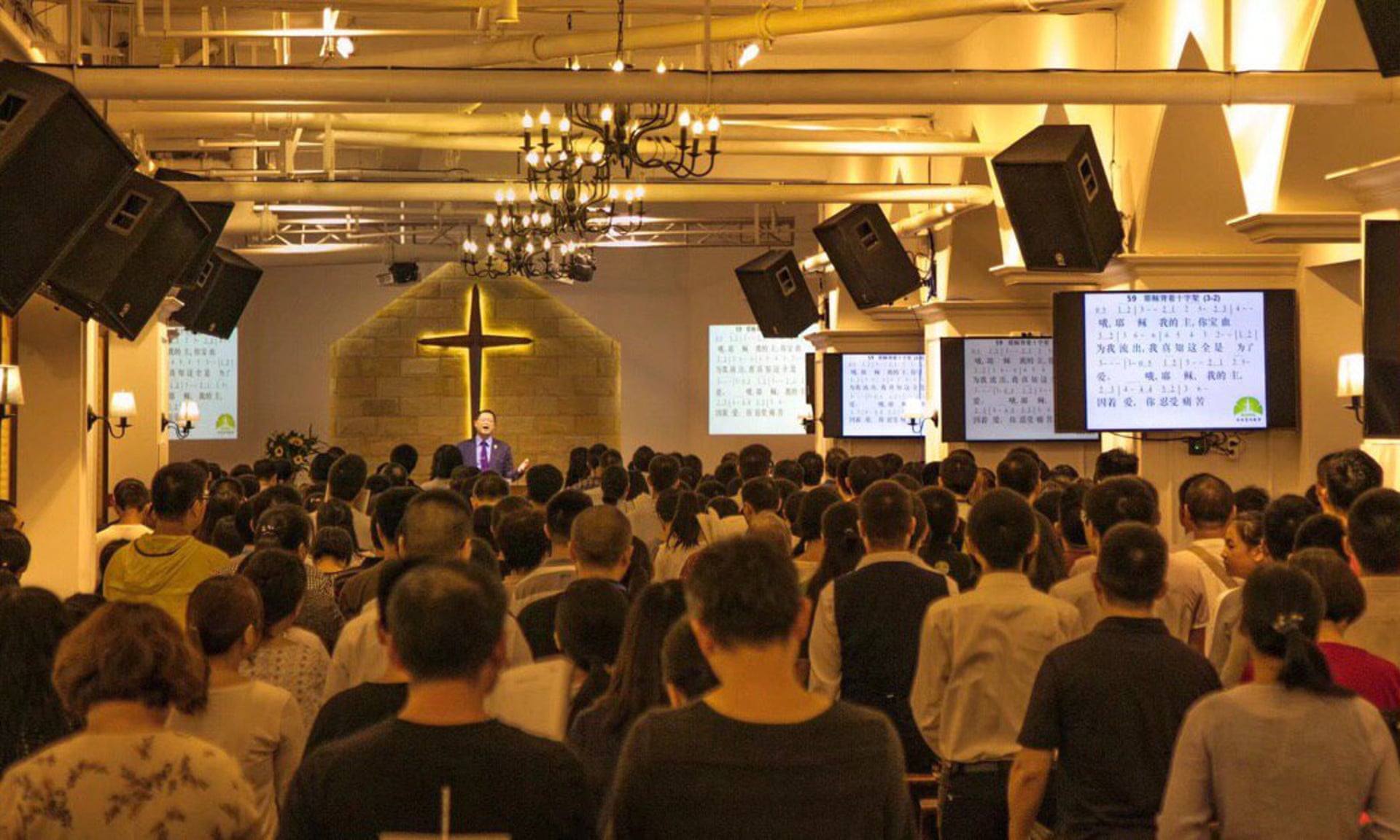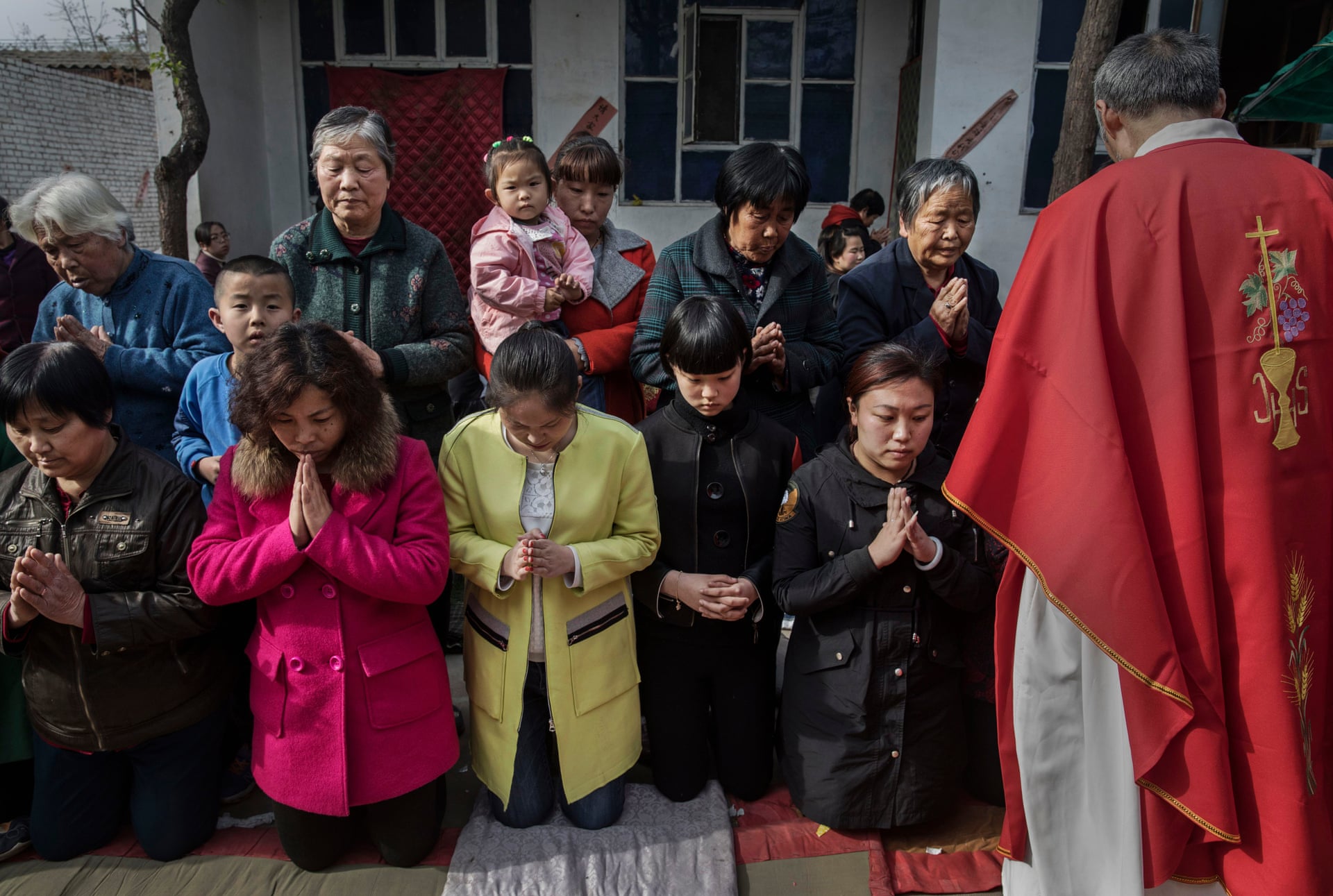By Paul Mozur and Ian Johnson
 Wang Yi and his wife, Jiang Rong, at their home in Chengdu, China, last year.
Wang Yi and his wife, Jiang Rong, at their home in Chengdu, China, last year.HONG KONG — A secretive Chinese court sentenced one of the country’s best-known Christian voices and founder of one of its largest underground churches to nine years in prison for subversion of state power and illegal business operations, according to a government statement released on Monday.
Wang Yi, the pastor who founded Early Rain Covenant Church, was detained last December with more than 100 members of his congregation as part of a crackdown on churches, mosques and temples not registered with the state.
While most of Mr. Wang’s parishioners, including his wife, Jiang Rong, were eventually released, Mr. Wang never re-emerged from detention.
As part of his sentence, he will also be stripped of his political rights for three years and have 50,000 renminbi, or almost $7,200, of his assets seized, according to the statement.
Mr. Wang had become known for taking high-profile positions on politically sensitive issues, including forced abortions and the massacre that crushed the Tiananmen Square democracy movement in 1989.
A lawyer by training, Mr. Wang was a well-known blogger before converting to Christianity in 2005. Just a few months later, he was selected to meet President George W. Bush at the White House as part of a program to reach out to Chinese Christians.
More recently, he emerged as a critic of Xi Jinping, China's dictator, who ushered in more authoritarian policies and abolished term limits.
“Pastor Wang Yi was just sentenced to 9 years in prison for proclaiming the gospel,” read a statement posted to a Facebook page run by church supporters, which added, “May the Lord use Pastor Wang Yi’s imprisonment to draw many to himself and to bring glory to his name.”
The government in November sentenced another church leader, Qin Defu, to four years in prison for the charge of illegal business operations.
While the charge of inciting to subvert state power reflects Mr. Wang’s political views, the illegal business operations highlight a more widespread and troubling problem for the government: Early Rain and hundreds of other unregistered churches across China are no longer just small, underground gatherings of believers in people’s homes, but are large, sophisticated organizations.
At its peak in 2018, Early Rain had more than 500 members, a seminary that trained clergy from across China, a kindergarten and elementary school, and a bookstore — none of which were registered with the government.
Mr. Wang’s arrest is part of a broader effort to subdue all social organizations that operate independently of the government.
In 2017, the government passed a law sharply curtailing the rights of nongovernmental organizations. That same year it enacted new regulations on religious life.
In both cases, groups were ordered to register with the government and cut all foreign ties.
Around the same time, the government began a policy of detaining more than a million Muslims in massive concentration camps.
Compared to the country’s 20 million Muslims, most of whom are ethnic minorities, Protestant Christianity is practiced by 60 million ethnic Chinese, who are often white-collar professionals living in the country’s heartland.
The vast majority of China’s independent churches have been untouched by the recent crackdown, but observers said the attack on high-profile churches was a signal to others to reduce their size and avoid politics.
In addition to closing Early Rain, the government last year shuttered Zion Church in Beijing and Rongguili in Guangzhou.
“The government is worried about the development of these churches,” said Ying Fuk-tsang, the director of the Divinity School at the Chinese University of Hong Kong.
“They think there are too many, and they are going against the bigger ones to solve the problem in this fashion.”
Mr. Wang, who founded Early Rain in the city of Chengdu, rejected the idea that his church should avoid political issues in order to operate unmolested by the authorities.
In a 2017 sermon on the issue, he shared a quote that he attributed to Hermann Hesse, saying it was “better to harm your body 10 times over than to harm your soul once.”
In a statement posted on Facebook, the church said that Mr. Wang had committed no crime and had always supported the separation of church and state.
“He has taught that even when the church is being persecuted, Christians should be willing to submit to the government’s physical restrictions of them as well as to the deprivation of their property,” the statement said.
“He has never said or done anything that amounts to ‘inciting to subvert state power.’”






